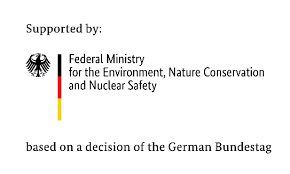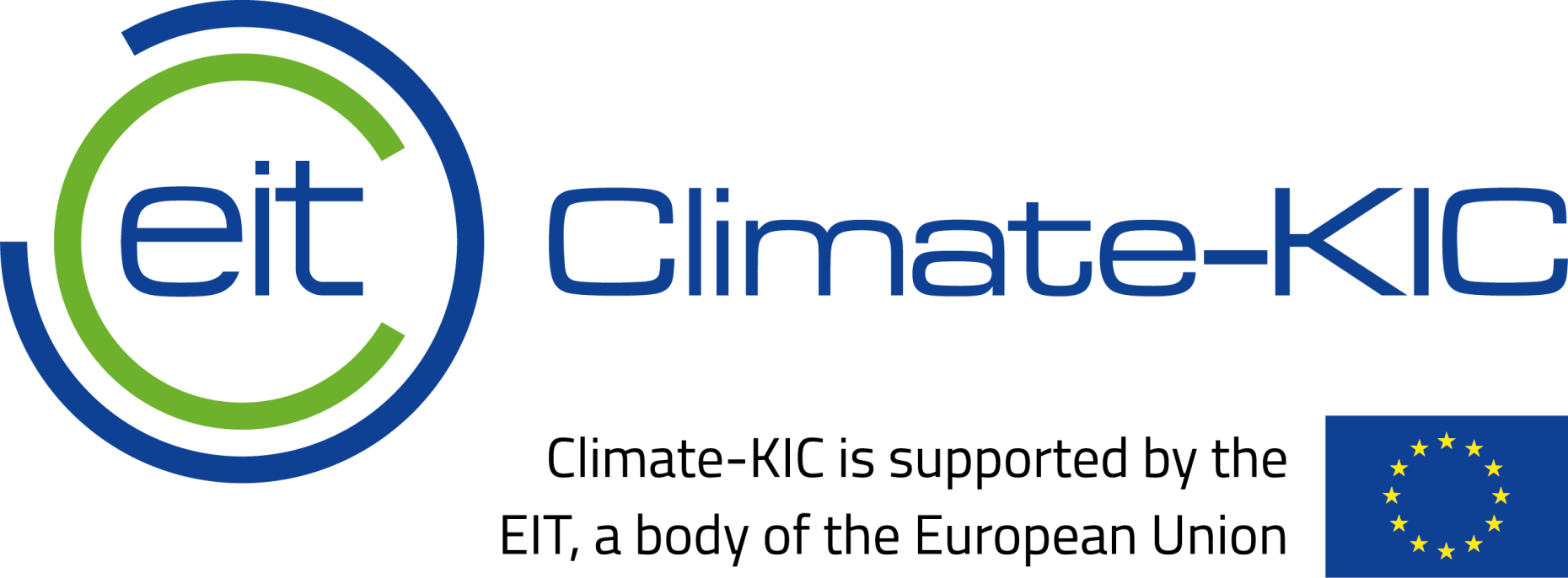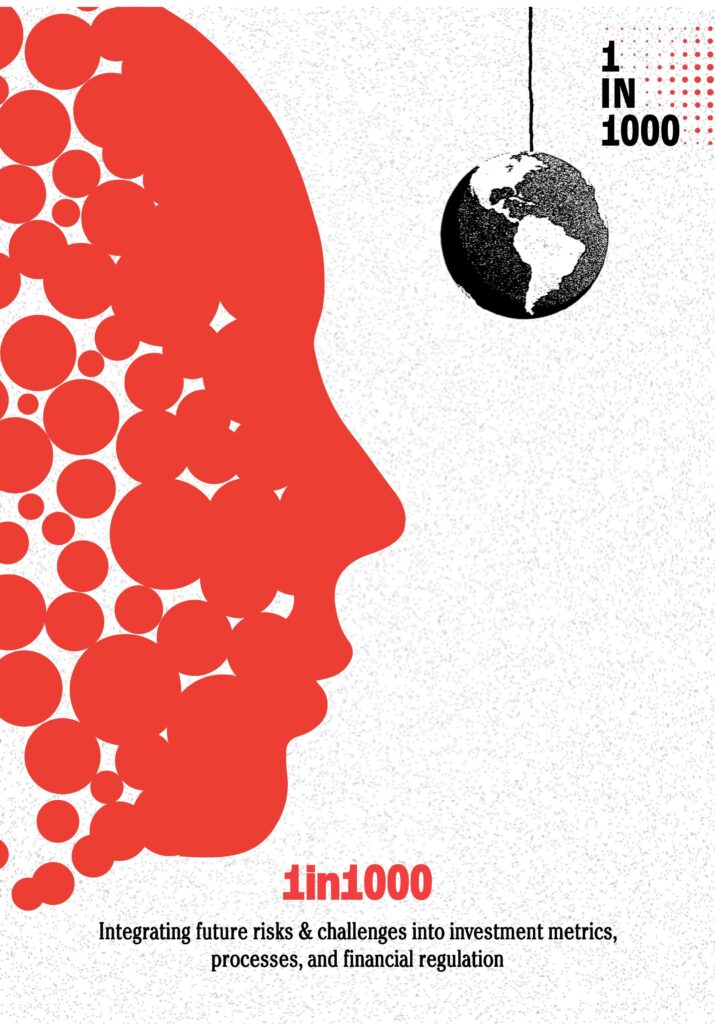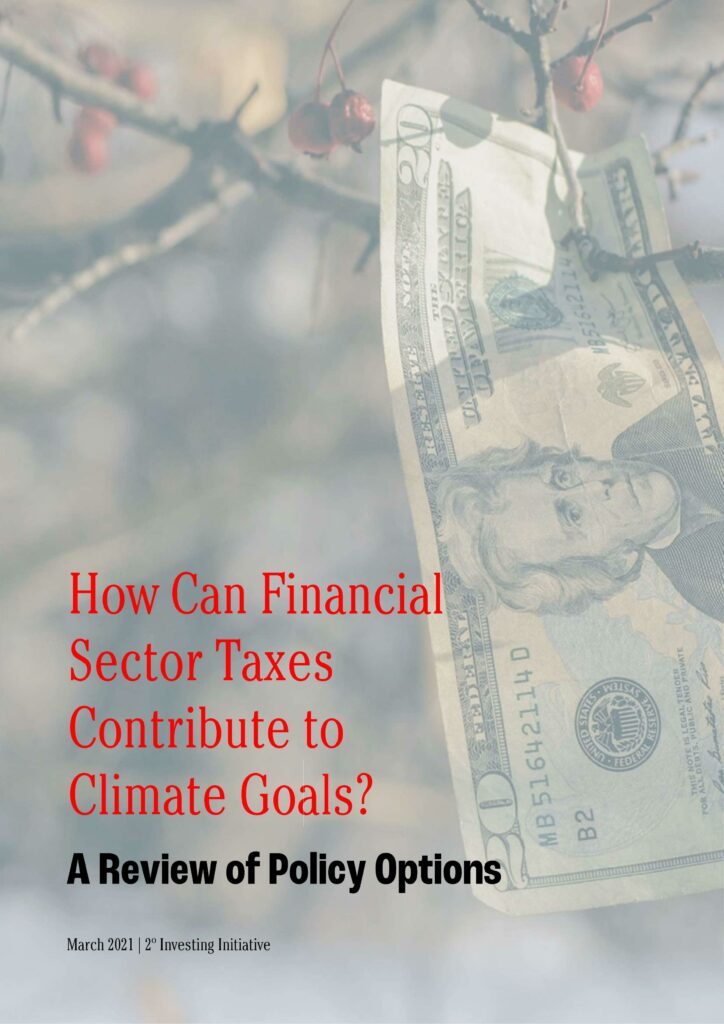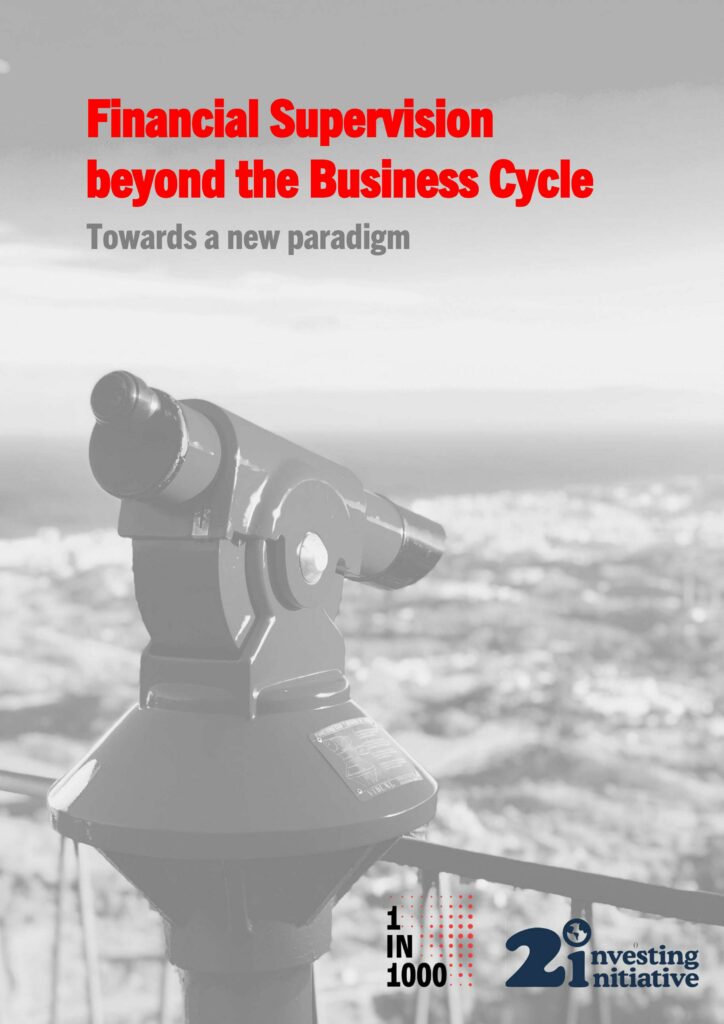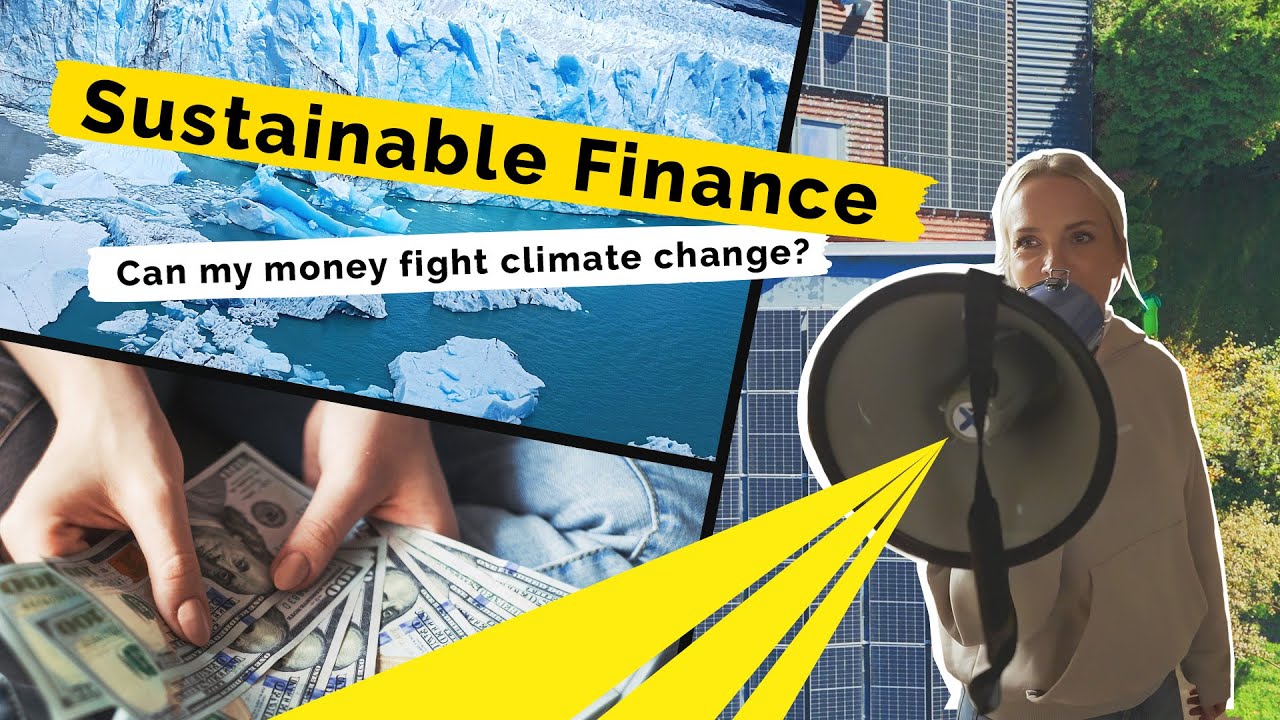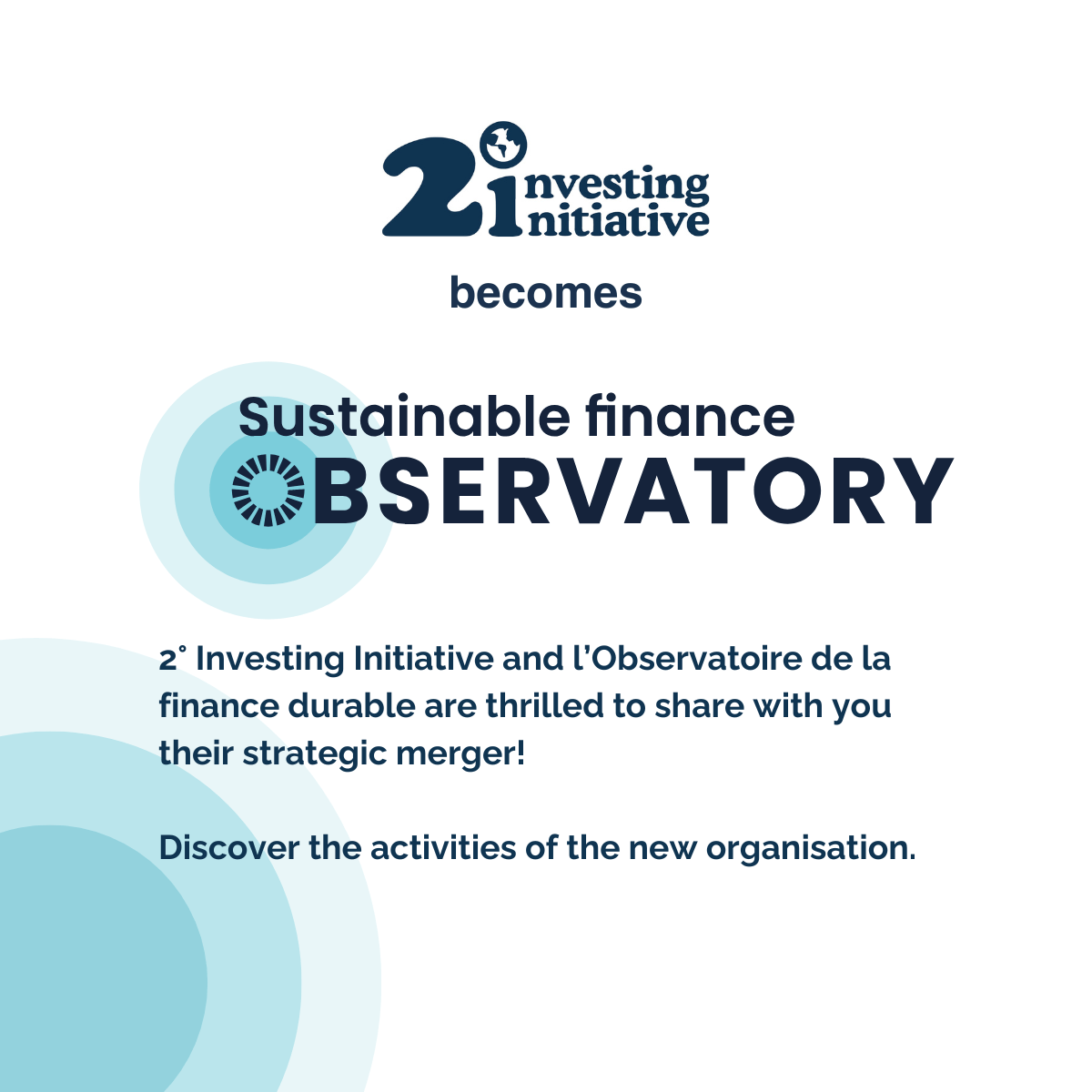This is the launch report of the 1in1000 research program and thus outlines its purpose, ideas and vision over the next decade.
The objective of 1in1000 is to develop evidence, design tools, and build capacity to help financial institutions and supervisors to mitigate and adapt to future risks and challenges. The program focuses on climate change and the universe of risks and challenges linked to climate change, notably ecosystem service and biodiversity loss, as well as risks from a decline in social cohesion and resilience.
To achieve this objective, 1in1000 focuses on three main areas: i) Long-term metrics; (ii) Risk (management) tools and frameworks; and (iii) Policies & incentives.
The name ‘1in1000’ represents three ideas. First the challenge of dealing with high impact events that are perceived as having a low probability (e.g., financial markets might perceive those risks as one in one thousand type events). Second, the inevitability of these risks and challenges materializing over the long-run. And third, the lack of capacity and resilience of financial markets currently to deliver an adequate response towards those risks.
Find out more about the program: https://www.1in1000.com/
Funders’ information: The program is part of the International Climate Initiative (IKI). The Federal Ministry for the Environment, Nature Conservation and Nuclear Safety (BMU) supports this initiative on the basis of a decision adopted by the German Bundestag. This research has also been funded by the International Network for Sustainable Financial Policy Insights, Research and Exchange (INSPIRE). INSPIRE is a global research stakeholder of the Network for Greening the Financial System (NGFS); it is philanthropically funded through the ClimateWorks Foundation and co-hosted by ClimateWorks and the Grantham Research Institute on Climate Change and the Environment at the London School of Economics. This report also received funding from EIT Climate-KIC.
Disclaimer: This work reflects only the authors’ views and the Agency and the Commission are not responsible for any use that may be made of the information it contains.
